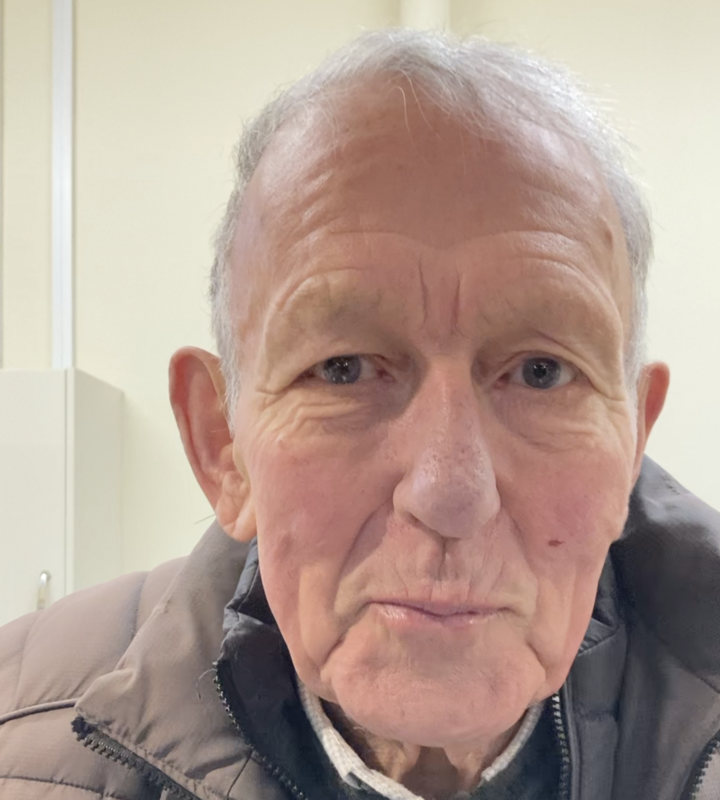

2024 proved a pivotal year for Bristol After Stroke’s groundbreaking “Peer Mentoring Scheme” - where volunteers who have had strokes in the past provide support for those whose strokes occurred more recently. After the success of a pilot scheme, £20,000 was awarded by the National Lottery to extend the project.
We talk to Tony Galpin, one of our first volunteer mentors, about his stroke… and why he got involved in the project.
How many people have you mentored, and why did you volunteer?
"I’ve had two mentees, and I’m still in touch with them. They’ve become friends. If you want to know what it’s done for them, then you’d really have to ask them! But I did it because people told me that my experiences could inspire others and help them."
What was your stroke like?
"Well, I actually had two strokes within 10 days of each other. It was five years ago, so I was 75 at the time.
"I was out cycling, which is something I’ve been doing for many years, and was meeting up with some friends at a pub. I was not making much progress, but I managed to get to the pub. I felt really cold and was finding it difficult to talk. One of the people I was with recognised the symptoms and said, ‘I’m taking you to hospital’.
“He saved my life. But by the time I’d been seen and treated, the damage was done.
“My left side was affected and so was my speech. My wife came into the hospital with a book of poems, and I started trying to learn and recite those. My wife’s very like me, very determined person, and she drove me to be able to talk and walk again… I get quite emotional when I look back on it.
“By the time I came out three weeks later I had made some progress, but there was still obviously a way to go.
“Bristol After Stroke helped me with physio classes, and I had counselling: basically, the counsellor opened me up and put me back together again. It was a painful process: men need it as much as women, but we aren’t always good at opening up. But it really made a difference to me.”
Why in particular did you feel you needed counselling?
"I was basically wrecking my marriage: a stroke can be really difficult for carers and family members too. The counsellor isn’t a marriage counsellor, but she helped me adjust my behaviour and attitude.”
How are your symptoms now?
“Well, I'm not perfect – I have to be a bit careful as I have an aneurism. But I’m back on my bike… going at my own speed but cycling regularly with a group for anything up to 60 or 70 miles at a time. I’m also going into the gym and I have a personal trainer.
“My speech is not too bad, so I think I’ve done pretty well, especially compared with some others who have had a stroke.
“I’m keeping fit, I’m meeting up with friends. Life has a ‘new normal’ pattern to it.”
But people do take inspiration from you…
“I've had lots of people say that. I find it touching when they do. But I’m not conscious of it.”
What has helped you get through?
“I’m aware that many people have had more adversity to face than I have, so you can’t just tell them to ‘get on with it’.
“But my determination is what has got me through to here.”




